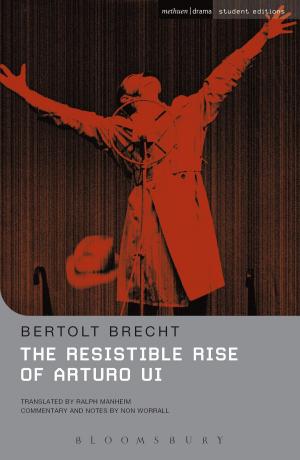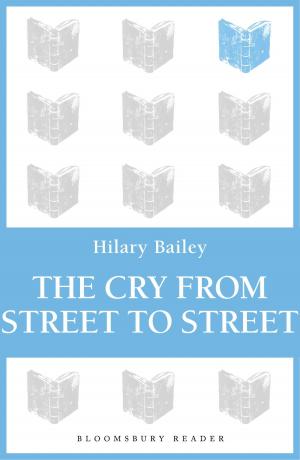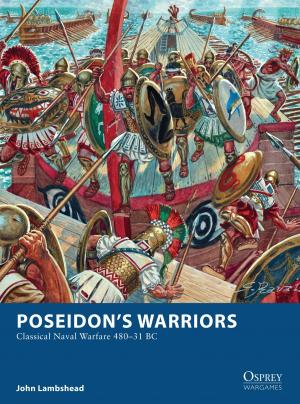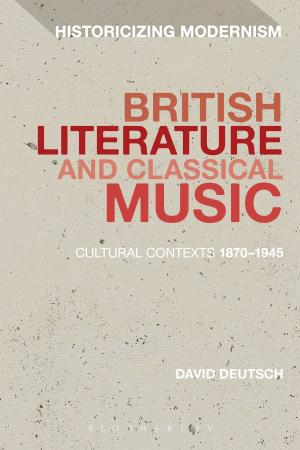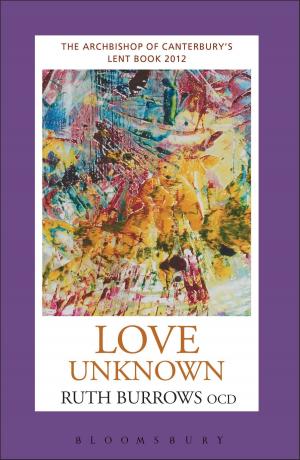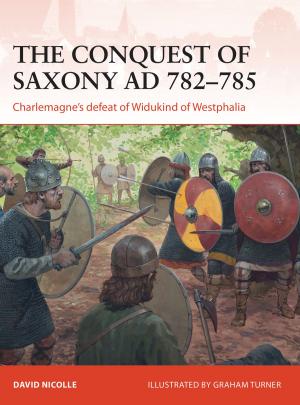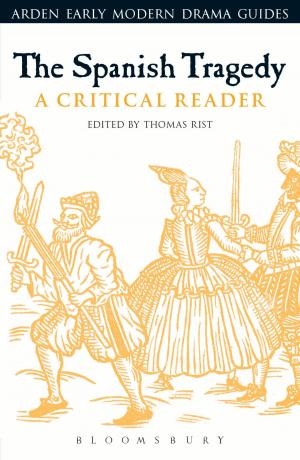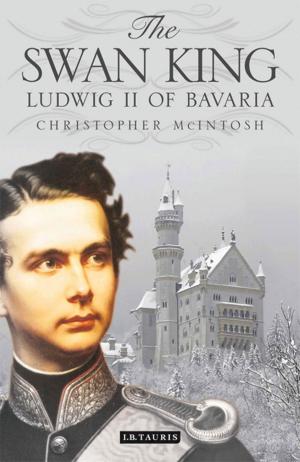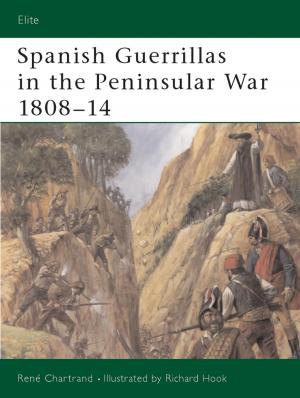The Age of Genius
The Seventeenth Century and the Birth of the Modern Mind
Nonfiction, History, Western Europe, Religion & Spirituality, Philosophy| Author: | Professor A. C. Grayling | ISBN: | 9781620403457 |
| Publisher: | Bloomsbury Publishing | Publication: | March 1, 2016 |
| Imprint: | Bloomsbury USA | Language: | English |
| Author: | Professor A. C. Grayling |
| ISBN: | 9781620403457 |
| Publisher: | Bloomsbury Publishing |
| Publication: | March 1, 2016 |
| Imprint: | Bloomsbury USA |
| Language: | English |
The Age of Genius explores the eventful intertwining of outward event and inner intellectual life to tell, in all its richness and depth, the story of the 17th century in Europe. It was a time of creativity unparalleled in history before or since, from science to the arts, from philosophy to politics. Acclaimed philosopher and historian A.C. Grayling points to three primary factors that led to the rise of vernacular (popular) languages in philosophy, theology, science, and literature; the rise of the individual as a general and not merely an aristocratic type; and the invention and application of instruments and measurement in the study of the natural world.
Grayling vividly reconstructs this unprecedented era and breathes new life into the major figures of the seventeenth century intelligentsia who span literature, music, science, art, and philosophy--Shakespeare, Monteverdi, Galileo, Rembrandt, Locke, Newton, Descartes, Vermeer, Hobbes, Milton, and Cervantes, among many more. During this century, a fundamentally new way of perceiving the world emerged as reason rose to prominence over tradition, and the rights of the individual took center stage in philosophy and politics, a paradigmatic shift that would define Western thought for centuries to come.
The Age of Genius explores the eventful intertwining of outward event and inner intellectual life to tell, in all its richness and depth, the story of the 17th century in Europe. It was a time of creativity unparalleled in history before or since, from science to the arts, from philosophy to politics. Acclaimed philosopher and historian A.C. Grayling points to three primary factors that led to the rise of vernacular (popular) languages in philosophy, theology, science, and literature; the rise of the individual as a general and not merely an aristocratic type; and the invention and application of instruments and measurement in the study of the natural world.
Grayling vividly reconstructs this unprecedented era and breathes new life into the major figures of the seventeenth century intelligentsia who span literature, music, science, art, and philosophy--Shakespeare, Monteverdi, Galileo, Rembrandt, Locke, Newton, Descartes, Vermeer, Hobbes, Milton, and Cervantes, among many more. During this century, a fundamentally new way of perceiving the world emerged as reason rose to prominence over tradition, and the rights of the individual took center stage in philosophy and politics, a paradigmatic shift that would define Western thought for centuries to come.


